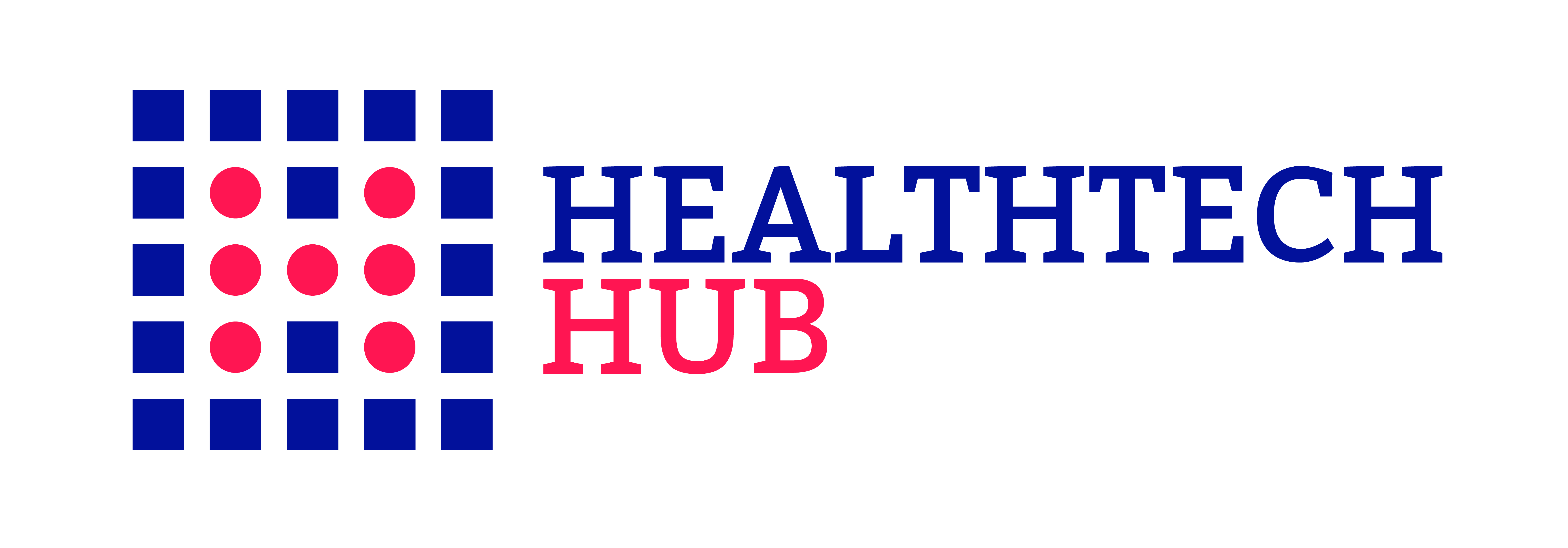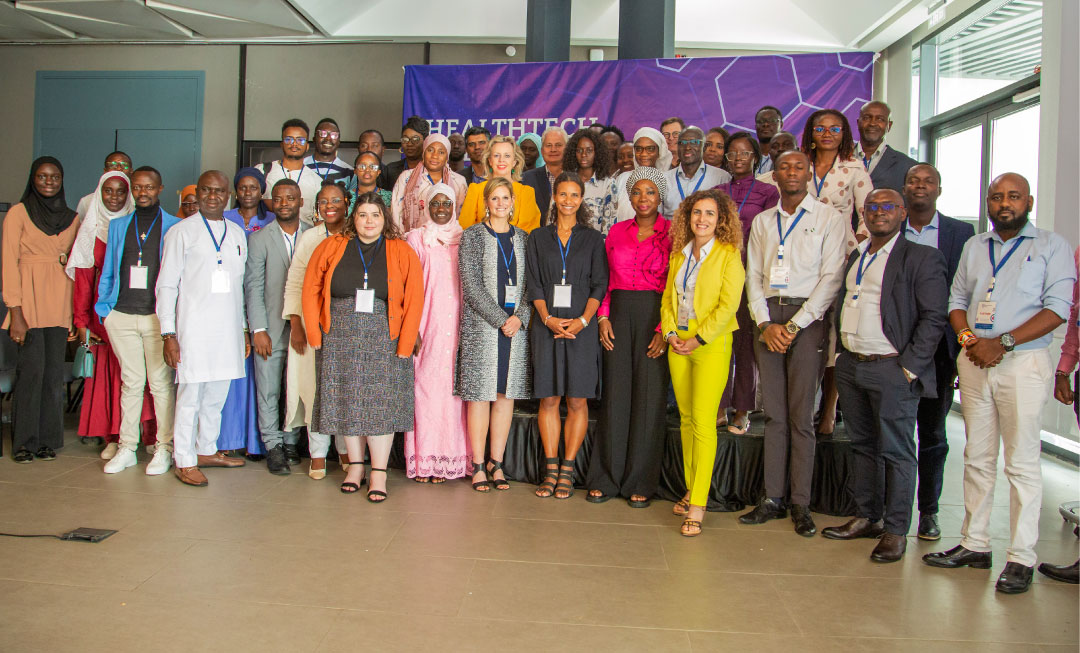The HealthTech Hub Africa (HTHA) selected its 3rd cohort of 31 startups in healthtech for its 2024 accelerator program. HTHA is a nonprofit organization that supports governments, startups and scale-ups to collaborate on data and technology-enabled innovations that strengthen health systems in Africa.
The African healthcare space has been undergoing tremendous revolutions, majorly centred on technological developments. These range from the integration of artificial intelligence (AI) to virtual healthcare and data-driven decision-making into healthcare solutions.

Despite the need for this revolution, starting a healthtech company can be a challenging but rewarding experience. Accelerators, such as HTHA, in this case, help address the challenges startups face by providing a wide range of networking events and funding resources. The resources help startups that join their program with idea validation, product development, and a growth strategy. When the startups effectively implement these strategies, they are more likely to build successful businesses that solve Africa’s healthcare challenges.
HTHA Partners
The HealthTech Hub Africa heavily relies on the support of its partners to help startups realize their goals. HTHA has a total of 27 partners playing diverse roles, including anchor partners, catalytic partners, implementing partners, investor partners, community partners, government champions, and in-kind partners. These partners collectively help HTHA meet the primary goals of its accelerator program of nurturing healthtech startups and scale-ups committed to addressing pressing healthcare challenges in Africa.
With such immense support from its partners, HTHA has already had two successful startup accelerator programs held in 2022 and 2023, supporting a total of 68 startups and scaleups across 17 countries. The impact extends to supporting over 3.8k healthcare facilities, thereby highlighting the positive ripple effect that HTHA’s acceleration program has had since it ventured into the African healthtech space. The 2024 startups present the third cohort, comprising 31 startups in healthtech from various thematic areas, mainly virtual health and care, data-driven decision-making, breast cancer, and cardiovascular health.
Virtual Health and Care
Virtual care and telemedicine have become common practice in today’s healthcare, with the key aim of increasing access and improving the quality of health outcomes across populations. For the HealthTech Hub Africa, the goal of supporting startups in the virtual health and care space extends beyond improving care quality and access to addressing issues of equitable healthcare and digital literacy for the African population. The acceleration program intends to achieve these outcomes through the support of startups that provide remote delivery of preventative and curative health and care services.
This thematic component of the HTHA startup acceleration program is key since it encompasses 19 of the 31 startups in healthtech selected for the 2024 cohort of HTHA startups, examples being Denebola Technologies, HealthX Africa, eFiche, and iZola, among many others. The success of these startups will solve Africa’s significant challenge of limited healthcare access and poor outcomes.
Optimizing Data-driven Decision Making
The integration of technology into healthcare has improved the availability of data for effective decision making and, ultimately, quality health outcomes for all populations. Technologies such as electronic health records, population management systems, and Internet of Things (IoT), among others, provide volumes of data that allow providers to predict health needs and create effective solutions.
HTHA and its partners seek to optimize data-driven decision making in the African healthcare space to improve the capabilities of health systems in the continent and ensure epidemic preparedness through stronger integrated health information. 10 of the 31 startups in healthtech selected for the 2024 cohort of HTHA startups aim to provide solutions to Africa’s healthcare challenges using data.

An example is Afya Intelligence, a startup that leverages partnerships, emerging technologies, and data to provide solutions that improve quality, affordability, and availability of health services in Africa. The rest of the startups under this category share a similar goal, which is to use data to enhance healthcare decision making.
Cardiovascular Health
The burden of cardiovascular diseases on the African population is significantly disproportionate, causing the United Nations to set the goal of reducing it by 33% by 2030. The HealthTech Hub Africa recognizes this need and provides support for startups seeking to reduce cardiovascular disease deaths through improved screening, referral, diagnosis, and proper management.
One of the 31 startups in healthtech seeking to improve Africa’s cardiovascular health, Himore Medical Equipments, developed Cardio-Pad, a revolutionary medical device to enable remote cardiac examinations using telemedicine technology. The device has been adopted in 290 hospitals in Cameroon, proving the necessity and impact of such technological advancements in Africa’s healthcare system.
Breast Cancer
Breast cancer is also a vicious health issue in Africa, with a notable rise in mortality rate in the last two decades. The HealthTech Hub Africa, together with its partners, has dived into the mission of reducing this disease burden by incorporating startups that provide breast cancer solutions to enable improved screening, referral, diagnosis, and management of the disease.
The startup that is part of the 2024 cohort of HTHA’s accelerator program is The Pathology Network (TPN). This startup aims to leverage artificial intelligence to revolutionize diagnostics and improve the quality of health outcomes for breast cancer patients in the African region. With such initiatives and the right kind of support, Africa is bound to reduce the mortality rate of breast cancer patients, thereby contributing to holistically improved public health.
To conclude, the HealthTech Hub’s startups selected for the 2024 cohort of the acceleration program are diverse in their focus on the health issues affecting the African population. These startups have leveraged different technological advancements in their development of healthcare solutions, making them fundamental in the pursuit of quality healthcare for the continent.







